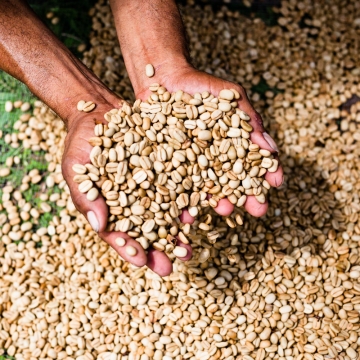Characterization of Pasture Production Systems in Makueni County of Kenya
Abstract: Livestock feed is a key factor influencing animal production and productivity as evidenced by the increased demand for animal source foods (ASFs) to feed a growing human population in Kenya. However, there exists untapped potential of pasture commercialization and hence the need to harness the social, economic and environmental benefits in the ASALs for overall rural development. A study was conducted to characterize the existing pasture production systems in Makueni County.


